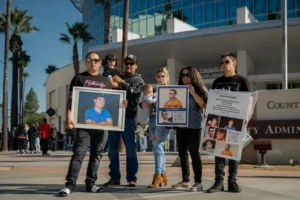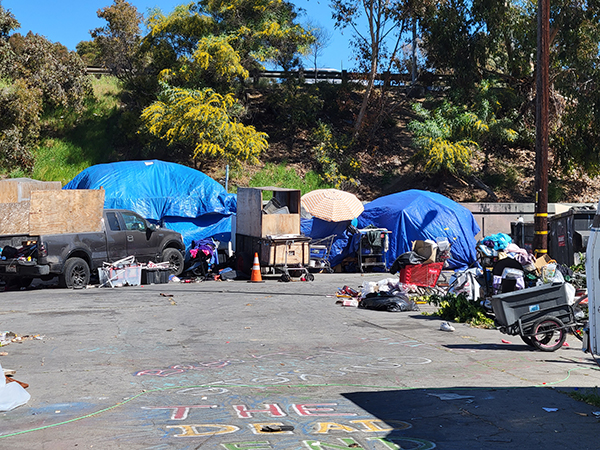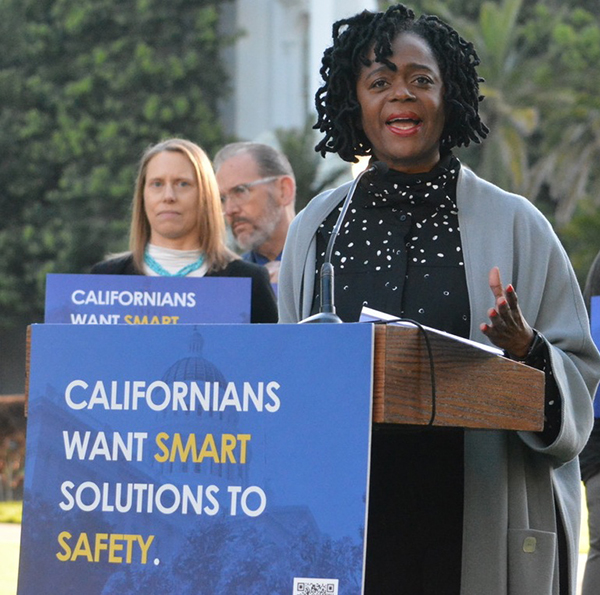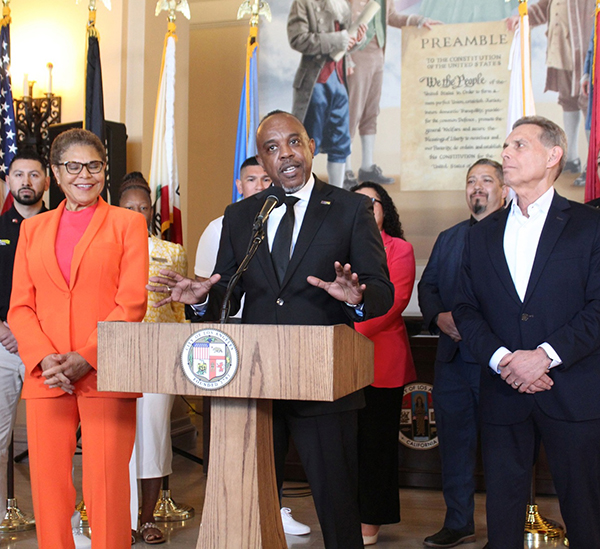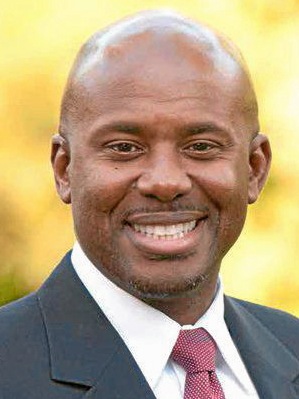Wave Wire Services
LOS ANGELES — Los Angeles County must “reject the status quo” and develop a more cohesive way of addressing homelessness, with the current system too fractured and ill-equipped to handle the breadth of the problem, a county commission concluded March 30.
“The region is in crisis, but the system serving persons experiencing homelessness is not set up to operate in crisis mode,” according to the report from the Blue Ribbon Commission on Homeless, which was established by the county in 2021 to perform a comprehensive review of the homelessness issue and the system of responding to it.
The report lists a series of concerns, many of which were expressed last year by Los Angeles city officials, most notably the lack of an authoritative regional agency charged with responding to the issue.
“The voices of the system lamented that key government entities and service providers too often operate in silos rather than as an integrated network,” the report said. “There is role confusion among these entities, and as a result, they are hampered in supporting people experiencing homelessness.”
While the report’s authors credited the quasi-city-county Los Angeles Homeless Services Authority for some successes — particularly during the COVID-19 pandemic — they lamented that it operates with limited abilities that hamper what it can accomplish.
“Its decision-making authority is limited by design, with little or no authority over funding, prevention, housing acquisition, substance abuse and mental health treatment, among other issues,” the report said. “We refer to this as the LAHSA ‘conundrum.’ The conundrum has led many to falsely rely on LAHSA, creating a great deal of consternation for stakeholders.”
The report also cites a lack of “vital infrastructure” in the city and county.
“While many county and city departments touch homelessness, none are dedicated exclusively to serving people experiencing homelessness nor able to cut across silos to provide leadership across agencies,” according to the report.
“These factors, coupled with a web of sometimes inconsistent and poorly communicated policies and practices, leave LAHSA, service providers, community groups, other cities in the region and other stakeholders feeling devalued, unheard and frustrated.”
The report recommends that the county create a central entity “with responsible charge, accountability and authority over homelessness.”
It also recommends a reimagining of the leadership of the “continuum of care” overseeing the issue regionally and arming LAHSA with specific decision-making authority.
“Now is the time to reject the status quo and bring new life, new ideas, and new partners into the arena to support those that work to improve our system every day,” the report said.
Los Angeles city officials last year expressed many similar concerns expressed in the report, leading the City Council to consider options such as withdrawing from LAHSA and advocating the creation of an agency to integrate all homeless services.
County Supervisor Kathryn Barger, who co-authored the motion creating the blue-ribbon commission, hailed the panel’s work, noting March 30 that “what we’re doing in L.A. County is failing.”
“Our rising homeless count numbers prove that,” she said in a statement. “The tents that line our streets prove that. Thousands of individuals in distress prove that. We have more than a hundred public, community-based, faith-based and nonprofit organizations dedicated to providing services to people experiencing homelessness, and millions of Measure H dollars in our coffers to fund the work, but our region continues to fall short.”
The Rev. Andy Bales, CEO of the Union Rescue Mission on downtown’s Skid Row, said in a statement released by Barger’s office that the commission’s recommendations “are informative and sorely needed.”
“While I have found LAHSA’s executive staff and commissioners to be hard-working professionals deeply committed to doing their very best — we need reform at a governance level now,” Bales said.
“LAHSA, the county and city of L.A. have hampered their effectiveness by limiting themselves to a narrow scope of homelessness solutions. What’s sorely missing is the opportunity to creatively coordinate immediate triage care, mental health support, innovative affordable housing and the creation of recovery communities. That’s how we’ll be able to dig ourselves out of the mess we’re currently witnessing and living in.”
County Supervisor Hilda Solis also responded to the report, calling it “the most comprehensive review ever conducted of what works and doesn’t work in our response to homelessness.”
She said she was glad the Blue Ribbon Commission “elevated the voices of smaller municipalities throughout the region.”
“It is critical that we work with the unincorporated communities and all 88 cities in the county to find solutions for homelessness, and I am confident that the findings in this report will bring us to a more unified response to the crisis.”




